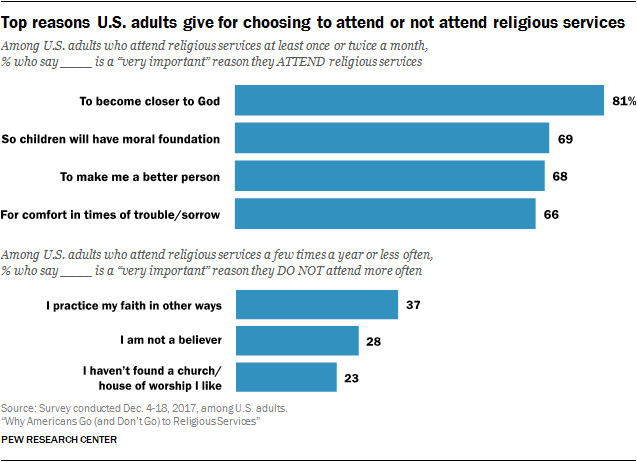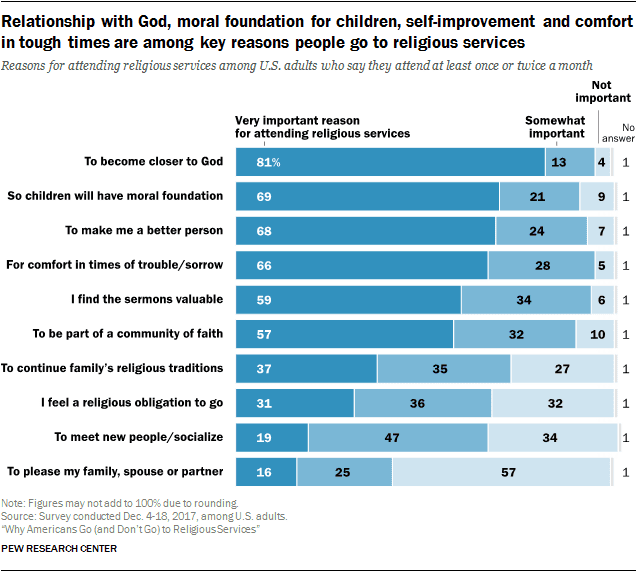Throughout this year, I’ve been engaging with four very large biographies. In Light of Eternity: Leonard Ravenhill, Just As I Am: Billy Graham’s autobiography, DL Moody: A Life, and Dream Big: The Henrietta Mears Story. Along with some other reading, including anything I can get my hands on by Francis Schaeffer, and Jerry Bridges, this has made up the bulk of my reading time. The four biographies together comprise over two thousand pages, rich with stories of faith and God at work in our world through individuals.
THE WAY GOD CAN USE ONE PERSON FOR HIS GLORY IN SUCH SIGNIFICANT WAYS SURPRISES AND OVERWHELMS MY SOUL.
I’ve begun to see so clearly that God is not looking for people of great talent, wealth or notoriety, but simply for ordinary people full of faith and the Holy Spirit. He loves to use ordinary people, NLT). God essentially says, I have come to rescue them, now go for I am sending you as My rescue. When God is looking to move in new ways, He always looks for people who are committed to Him, to use in powerful ways.
I’VE BEEN FASCINATED FOR SEVERAL YEARS NOW BY THE STORY AND LEGACY OF HENRIETTA MEARS. HAVE YOU EVER HEARD OF HER?
I believe many Christians have not, and yet her influence has likely affected nearly every single one of you reading this. Let me tell you some of her story…
Henrietta’s roots actually go back to Minnesota (where we are from), where for many years she taught in the Minneapolis public school system, while also serving at First Baptist Church downtown in Sunday School. In the middle of her life, she took a year off, and during some time down in Southern California was tapped to be the Christian Education Director at Hollywood Presbyterian Church. This proves to be a significant turning point for her, as God began to use her in the lives of young people in the region.
The group, consisting of young people and college students at that time was several hundred students, but quickly grew into the thousands of young people who gathered to hear her teach the Word of God. She had an extraordinary gift of teaching the Bible and guiding people in practical ways to follow Jesus.
A significant part of her influence in ministry was through the lives of those young people she mentored and discipled:
- Bill and Vonette Bright – Founder of Campus Crusade for Christ, which has ministered to millions of people through 25,000 missionaries in 191 countries, including ministries at 1,700 college and university campuses.
- Dawson Trotman – Founder of the Navigators, which now has 4,600 staff in 103 nations.
- Jim Rayburn – Founder of YoungLife, which now represents more than 700 ministries in 324 cities around the world.
- Richard Halvorson – who went on to serve as the U.S. Senate Chaplain for 15 years, as well as the chairman of World Vision for 20 years.
- Ronald Reagan – who became the 40th President of the United States.
- Billy Graham – who went on to communicate the gospel of Jesus to more people than anyone in human history. She played a key role in Billy’s life right before the famous 1949 crusade which led to the conversion of Louis Zamperini and other famous people in the area, and catapulted Billy’s ministry into the national spotlight. I shared a short video earlier this year about this significant moment when Henrietta impacted Billy’s faith.




 Download this free eBook in PDF format from
Download this free eBook in PDF format from 








